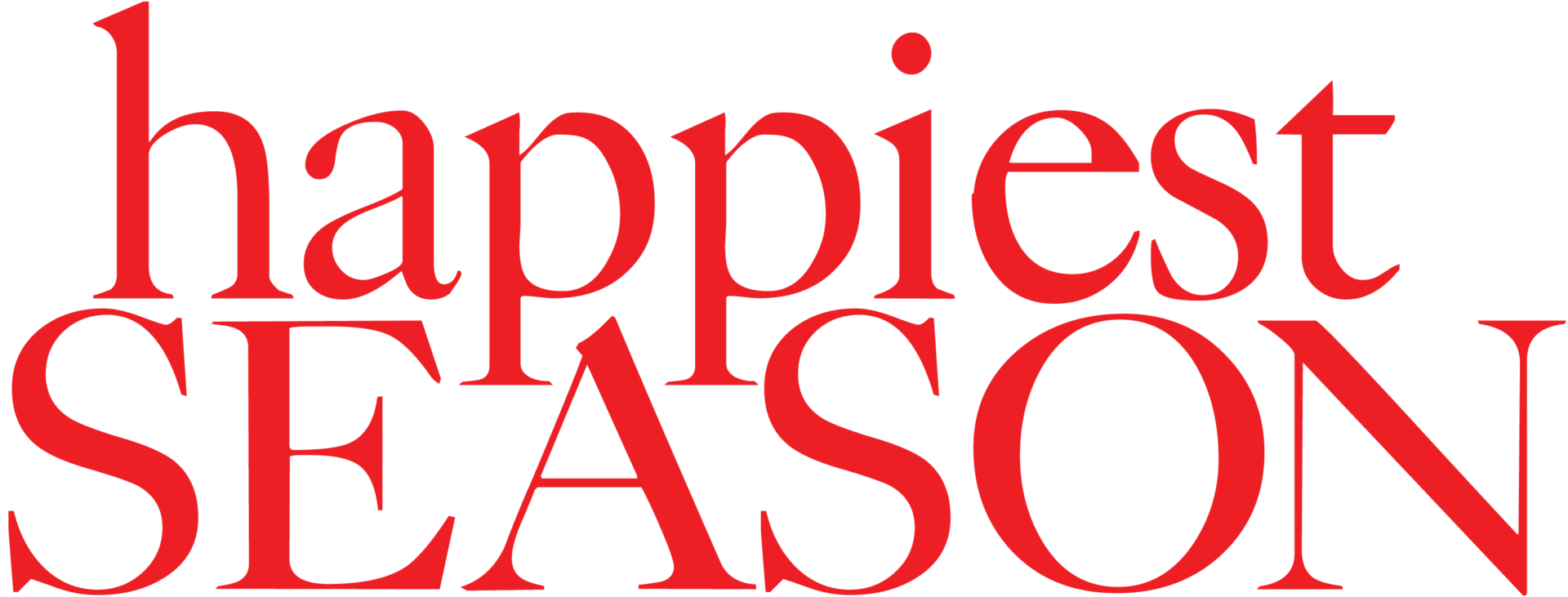

Was there a sense of “Okay, the world is ready for a lesbian holiday movie now”? Or did you just decide to go for it and see what happened? She hadn’t really written a script before but agreed to work on it with me, and then we went from there. She was so funny and fun, and I decided to ask her if she wanted to write with me. Then I met Mary Holland when we were working on Veep together, and we really got along. I had the idea for this movie and I wrote a little outline for it, and then I got busy and I was working as an actor and it kind of fell away. Happiest Season felt like a great opportunity to tell a universal story from a new perspective.Īfter I finished my first film, The Intervention, I started thinking about what I wanted to do next.

If LGBTQ+ characters are there at all, they’re side characters. It’s something that seemed impossible not too long ago, and now here we are! Is this something you had been wanting to do for a long time?Ĭlea DuVall: I’ve always been a big fan of Christmas movies, but I’ve never seen my experience represented in them. We finally have a big studio holiday romance movie with a lesbian couple as the main characters. Glamour: This is an enormous moment for queer women. And the film's message that everyone deserves love, understanding, and empathy rings true.This content can also be viewed on the site it originates from. Despite its flaws, Happiest Season does remind audiences that, for many people, the point of the holidays is to be with family and celebrate love and joy. But Harper's fear is only part of the problem with her dysfunctional family, and her courage to be herself eventually helps the rest of her family members be themselves, too, bringing the film back to its roots of togetherness, happiness, and holiday cheer. Things only ramp up when viewers learn more about what Harper did to Riley in the past, making you wonder whether Abby and Riley should be together instead. But compared to Stewart's likable Abby, who's comfortable with herself, Harper can seem like she's taking advantage of Abby's love and devotion. Harper's fear of her parents' reaction to her sexuality is understandable, and the regretful actions she takes can be put into the context of that fear. But beyond this, John remains a character of cliches, which is unfortunate in a film like this, which overall aims to break stereotypes.ĭavis does well with Harper, who could be read as unlikable or even manipulative.

John does have a more serious, expansive moment when he counsels Abby on Harper's reticence to come out to her family, citing how some families disown or disapprove of children who identify within the LGBQ spectrum and talking about his own traumatic coming-out experience. characters who are often mysteriously devoid of familial ties, always have snappy comebacks ready, and are the emotional backup for their best friend when needed. For instance, Levy's character, John, embodies several too-familiar "gay male best friend" stereotypes - i.e. But the retreading of popular holiday movie/romcom themes does prevent the film from breaking out of traditional Hollywood modes. And the film's humor also ensures that the tough, complex subject of coming out never gets too dramatic or possibly triggering. The cast does a great job at keeping the film feeling light, funny, and heartwarming. For better or worse, this makes it feel immediately comfortable and familiar. But Happiest Season ultimately hits many of the same beats that a holiday film about a heterosexual, cisgender couple would. Written and directed by Clea DuVall, this romcom is groundbreaking in that it's one of the few LGBTQ+-themed films made for the holiday season.


 0 kommentar(er)
0 kommentar(er)
